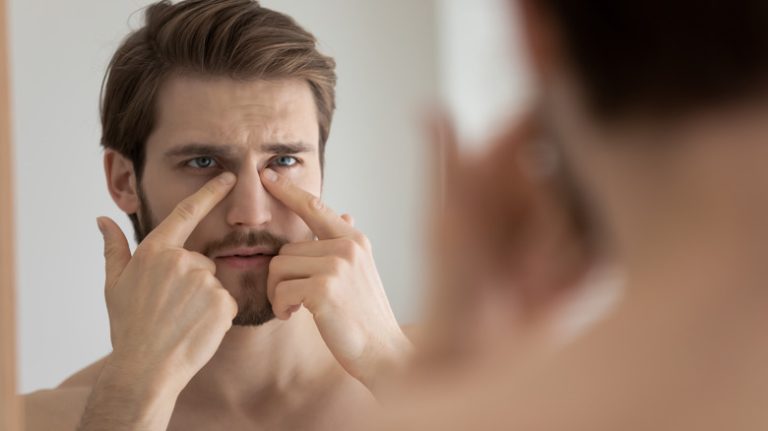We all know that sleep is a fundamental part of good health, right along with eating healthy, moving more, and staying hydrated. According to the Sleep Foundation, 35.2% of American adults get less than 7 hours of sleep each night. Black Americans, in particular, are twice as likely than whites to not get enough sleep. Not to mention, an alarming 42.6% of all single parents are sleep deprived compared to 32.7% of two-parent households and 31% of adults who don’t have kids.
Healthline says there are many benefits of getting a good night of sleep, including improved concentration and productivity, minimizing the risk of depression, reducing inflammation, and supporting a healthy immune system. Another big benefit of being well-rested is that it lowers your chances of getting heart disease. A 2024 meta-analysis published in the European Heart Journal attests to the fact that people who slept less than 7 hours every night increased their possibility of dying from heart disease by 13%. So, what can you do to ensure you sleep soundly every night?
Three ways to sleep better tonight

Paying attention to what you eat and drink within a couple of hours of going to bed can have a huge impact on your ability to sleep well. The Mayo Clinic advises avoiding heavy meals or big meals in order to make sure you don’t go to bed feeling stuffed. On the other hand, you don’t want to go to bed hungry, either. Foods with tryptophan and magnesium are both nutrients that cater to sound sleep. Headspace recommends enjoying cherries, bananas, walnuts, turkey, or milk (non-dairy included) if you need a bedtime snack.
Another factor in getting good sleep is making sure the only 2 activities happening in your bed are sleep and sex. WebMD says your entire bedroom should be relaxing instead of energizing. Things like working, reading, writing, watching TV, and browsing around online should be kept outside of the bedroom.
Stress is a stimulus, which is why the Harvard Medical School suggests winding down before going to bed. Calling it a night while you’re still worrying about what you didn’t get done today and all the things you need to do tomorrow can release fight-or-flight hormones that will keep you awake. Journaling, meditating, and breathwork are all good relaxation techniques that can put your mind at ease and help you sleep in peace.


